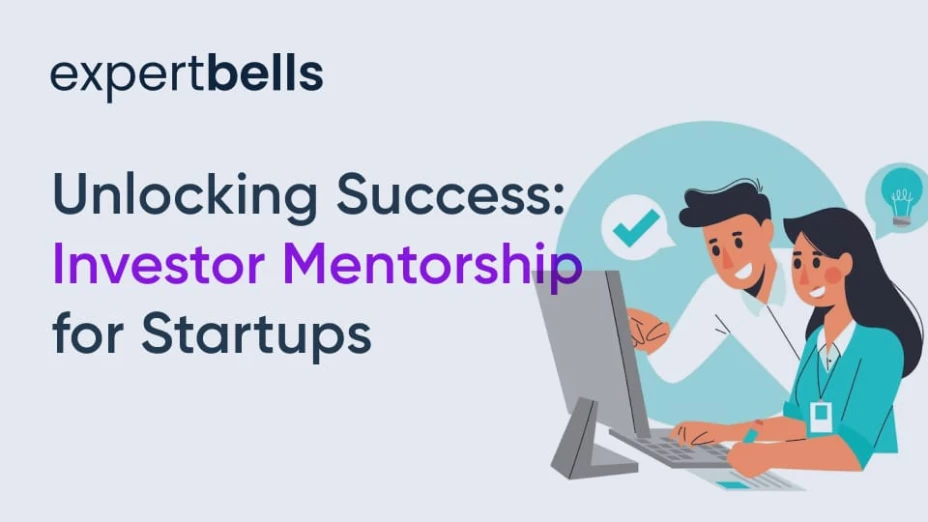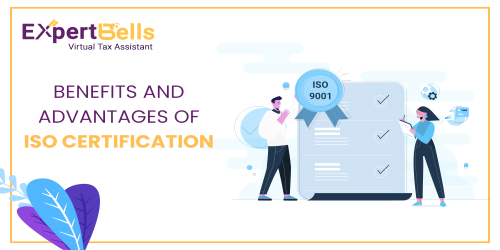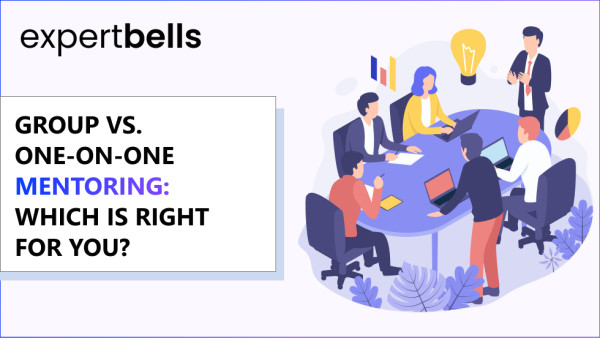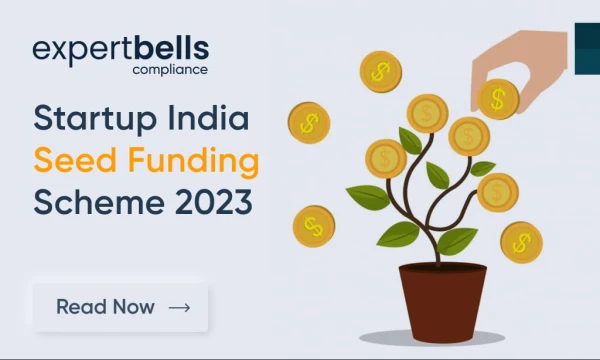Unlocking Success: Investor Mentorship for Startups

Introduction
In the fast-paced world of startups, where innovation and ideas reign supreme, having the right mentorship can be the key to unlocking the door to success. In this article, we will delve deep into the invaluable role that investor mentorship plays in guiding and nurturing startups, providing them with the tools and knowledge needed to thrive in a competitive business landscape.
The Power of Mentorship
Startup founders often find themselves navigating uncharted waters. They are driven by their passion and creativity but might lack the experience and knowledge needed to make the right decisions at crucial junctures. This is where investor mentorship comes into play, offering a beacon of guidance and wisdom.
What Is Investor Mentorship?
Investor mentorship is a collaborative relationship between experienced investors and early-stage startup founders. These mentors provide valuable insights, advice, and support, drawing from their own successes and failures in the business world. It's not just about providing financial resources but also about sharing their expertise.
Why Startups Need Mentorship
1. Strategic Direction
Startup founders are often overwhelmed by a multitude of decisions. Investor mentors can help by providing a strategic roadmap. They offer advice on how to prioritize tasks, set realistic goals, and navigate potential pitfalls.
2. Access to Networks
One of the invaluable assets that investor mentors bring to the table is their extensive network. They can introduce startups to potential partners, customers, and investors, opening doors that would otherwise remain closed.
3. Learning from Experience
Learning from one's mistakes is valuable, but learning from the mistakes of others is even more valuable. Investor mentors have often weathered their fair share of business storms and can offer insights to help startups avoid common pitfalls.
4. Investment Opportunities
Investor mentors can also provide startups with access to funding opportunities. By believing in the vision and potential of the startup, they might choose to invest directly or connect them with the right investors.
The Mentorship Journey
Finding the Right Mentor
The first step in reaping the benefits of mentorship is finding the right mentor. Here are some factors to consider:
1. Industry Expertise
Look for a mentor who has experience and expertise in your specific industry. Their knowledge of the sector's nuances can be incredibly valuable.
2. Shared Values
Choose a mentor whose values and principles align with your own. This alignment ensures a smoother and more productive mentoring relationship.
3. Availability
Ensure your mentor has the time and willingness to invest in your mentorship. A mentor who is genuinely committed to your growth is more likely to be effective.
4. Compatibility
Personal compatibility is also important. You should feel comfortable discussing your ideas and challenges with your mentor.
Setting Clear Goals
Once you've found the right mentor, it's crucial to set clear goals for the mentorship. What do you hope to achieve? Here are some common goals:
1. Skill Development
You might seek mentorship to develop specific skills, such as marketing, financial management, or leadership.
2. Business Growth
Your goal might be to accelerate your business's growth, whether through increased sales, market expansion, or scaling operations.
3. Problem Solving
Mentorship can also help you address specific challenges or obstacles your business is facing.
Building a Productive Relationship
The mentor-mentee relationship requires effort from both sides. Here's how to make it productive:
1. Open Communication
Effective communication is key. Be open and honest about your challenges and aspirations.
2. Act on Feedback
Listen to your mentor's advice and act on it. Their experience is a valuable resource.
3. Be Respectful
Respect your mentor's time and expertise. Their guidance is a gift, so treat it with gratitude.
Overcoming Challenges
Mentorship isn't without its challenges. It requires a strong, open, and trusting relationship between mentor and mentee. Startups may face difficulties in finding the right mentor or aligning their goals with the mentor's vision. However, persistence and a commitment to learning are key to overcoming these challenges.
Conclusion
In the competitive world of startups, investor mentorship can make the difference between success and failure. It provides startups with guidance, expertise, and a network that can propel them to new heights. As an essential element of the entrepreneurial journey, mentorship is a proven path to unlocking success for startups.
So, if you're a startup founder looking to scale your business and make a mark in the industry, consider seeking out the right investor mentorship. It's a decision that could shape the future of your venture.
Keep in mind that although investor mentorship plays a vital role, it is only a single component among many for attaining a strong search ranking. To truly succeed in the online sphere, it is imperative to combine this mentorship with a strong online presence, captivating content, and well-executed SEO strategies. However, delving deeper into this subject should be reserved for a future discussion.
Related Articles

Advantages and Disadvantages of Private Limited Company
Planning to start a business? There are many questions revolving inside your head. Some question that strikes everyone’s mind while starting a business. Whether to go for a private limited company or not? What are the pros and cons of a private limited company? Is it a good idea to go for a private limited company?

Benefits and Advantages of ISO Certification
Today in this blog, we will discuss the ISO certification and its benefits to your business. ISO standards improve your business or brand’s credibility and help organizations run tier business processes effectively. It is proof from a third party that your business concurrence with the standards of ISO management to keep their services & products of better quality is crucial for any business to sustain in the industry market.

Angel Investors vs Venture Capitalists: Navigating the World of Startup Funding
In the fast-paced and dynamic world of startups, securing the right type of funding is often the key to success. Two common sources of capital that entrepreneurs frequently explore are Angel Investors and Venture Capitalists.
Leave A Reply
Your email address will not be published. Required fields are marked *
Most Popular Blogs


What is a Mentor? Definition, Purpose & More

Difference Between Mentor and Mentee

How To Find A Business Mentor: A Complete Guide


5 Comments
Lorem Ipsum is simply dummy text of the printing and typesetting industry. Lorem Ipsum has been the industry's standard dummy text ever since the 1500s, when an unknown printer took a galley of type and scrambled it to make a type specimen book. It has survived not only five centuries, but also the leap into electronic typesetting, remaining essentially unchanged. It was popularised in the 1960s with the release of Letraset sheets containing Lorem Ipsum passages, and more recently with desktop publishing software like Aldus PageMaker including versions of Lorem Ipsum.
Lorem Ipsum is simply dummy text of the printing and typesetting industry. Lorem Ipsum has been the industry's standard dummy text ever since the 1500s, when an unknown printer took a galley of type and scrambled it to make a type specimen book. It has survived not only five centuries, but also the leap into electronic typesetting, remaining essentially unchanged. It was popularised in the 1960s with the release of Letraset sheets containing Lorem Ipsum passages, and more recently with desktop publishing software like Aldus PageMaker including versions of Lorem Ipsum.
Lorem Ipsum is simply dummy text of the printing and typesetting industry. Lorem Ipsum has been the industry's standard dummy text ever since the 1500s, when an unknown printer took a galley of type and scrambled it to make a type specimen book. It has survived not only five centuries, but also the leap into electronic typesetting, remaining essentially unchanged. It was popularised in the 1960s with the release of Letraset sheets containing Lorem Ipsum passages, and more recently with desktop publishing software like Aldus PageMaker including versions of Lorem Ipsum.